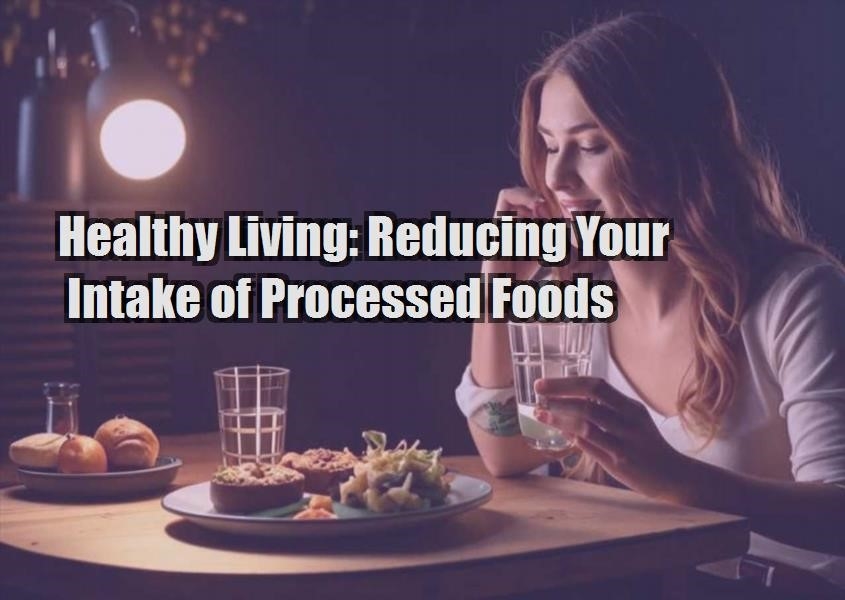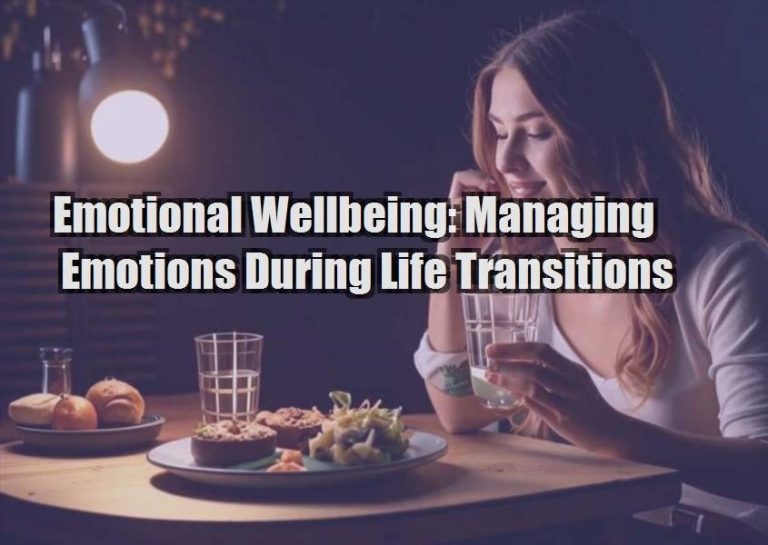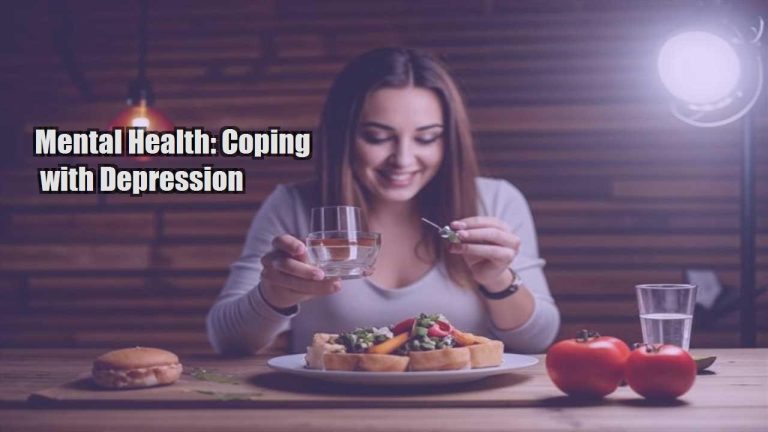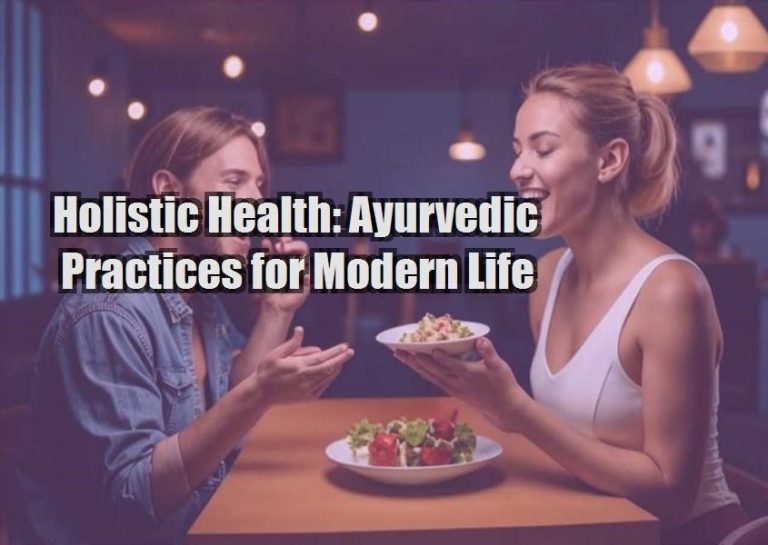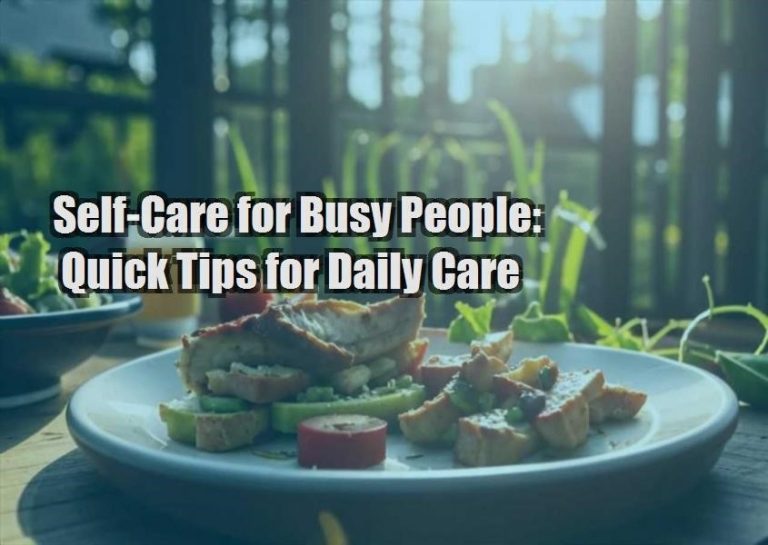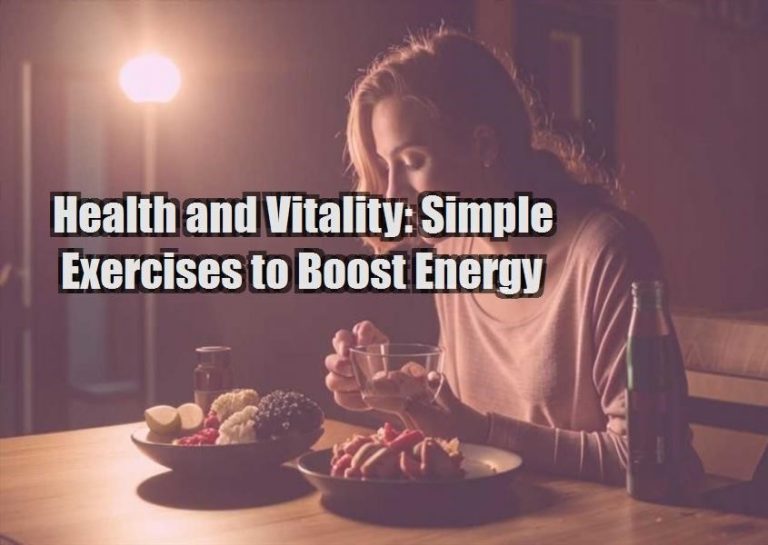In todays fast-paced world, convenience often trumps nutrition. Processed foods, with their long shelf lives and quick preparation times, have become a staple in many households. However, a diet high in processed foods can lead to various health issues, including obesity, heart disease, and diabetes. In this article, we will explore the importance of reducing your intake of processed foods and provide practical tips to help you make healthier choices.
What Are Processed Foods?
Processed foods are any foods that have been altered from their natural state through various methods such as canning, freezing, refrigeration, dehydration, and packaging. While some processed foods are minimally processed for preservation (like canned vegetables or frozen fruits), others are highly processed and contain additives, preservatives, artificial flavors, and colors. Examples of highly processed foods include sugary drinks, snacks, fast food, and ready-to-eat meals.
The Health Risks of Processed Foods
Consuming high amounts of processed foods can negatively impact your health in several ways:
- Weight Gain and Obesity: Processed foods are often high in added sugars, unhealthy fats, and calories, contributing to weight gain and obesity.
- Heart Disease: Many processed foods contain high levels of sodium, trans fats, and unhealthy oils, increasing the risk of heart disease and high blood pressure.
- Diabetes: Excessive consumption of sugary foods and refined carbohydrates can lead to insulin resistance and type 2 diabetes.
- Digestive Issues: Processed foods lack fiber, which is essential for healthy digestion and preventing constipation.
- Cancer: Some studies suggest a link between the consumption of processed meats and an increased risk of certain cancers, such as colorectal cancer.
Benefits of Reducing Processed Foods
By cutting back on processed foods and incorporating more whole, natural foods into your diet, you can experience numerous health benefits:
- Improved Nutrition: Whole foods are rich in essential nutrients, vitamins, and minerals that are often stripped away during food processing.
- Better Weight Management: Whole foods are typically lower in calories and higher in fiber, helping you feel fuller for longer and aiding in weight management.
- Enhanced Digestion: High-fiber foods promote healthy digestion and prevent gastrointestinal issues.
- Reduced Risk of Chronic Diseases: A diet rich in whole foods can lower your risk of developing chronic diseases such as heart disease, diabetes, and cancer.
- Increased Energy Levels: Whole foods provide sustained energy levels, unlike the quick spikes and crashes associated with sugary, processed foods.
Practical Tips for Reducing Processed Food Intake
Transitioning from a diet high in processed foods to one focused on whole, natural foods can be challenging, but it is achievable with the right strategies:
1. Cook at Home
One of the best ways to control what goes into your food is to cook at home. This allows you to use fresh, whole ingredients and avoid the additives and preservatives found in processed foods. Start with simple recipes and gradually expand your culinary skills.
2. Read Food Labels
When shopping for groceries, take the time to read food labels. Look for products with short ingredient lists and ingredients that you recognize. Avoid items with added sugars, artificial flavors, and preservatives.
3. Choose Whole Foods
Focus on incorporating more whole foods into your diet, such as fruits, vegetables, whole grains, nuts, seeds, and lean proteins. These foods are nutrient-dense and free from harmful additives.
4. Plan Your Meals
Planning your meals in advance can help you make healthier choices and avoid the temptation of convenience foods. Prepare a weekly meal plan, create a shopping list, and stick to it when you go grocery shopping.
5. Snack Wisely
Swap out processed snacks like chips and cookies for healthier options such as fresh fruit, nuts, yogurt, or vegetable sticks with hummus. Preparing snacks in advance can make it easier to choose healthy options.
6. Stay Hydrated
Drinking water is essential for overall health and can help reduce cravings for sugary drinks. Aim to drink at least eight glasses of water a day and limit your intake of sodas, energy drinks, and sweetened beverages.
7. Be Mindful of Portion Sizes
Even healthy foods can contribute to weight gain if consumed in large quantities. Be mindful of portion sizes and listen to your bodys hunger and fullness cues.
Making the Transition Sustainable
Reducing your intake of processed foods is a journey that requires patience and persistence. Here are some tips to make the transition more sustainable:
1. Set Realistic Goals
Start by setting small, achievable goals. For example, aim to cook one more meal at home each week or replace one processed snack with a whole food alternative. Gradually increase your goals as you become more comfortable with the changes.
2. Educate Yourself
Learn about the benefits of whole foods and the risks associated with processed foods. Understanding the impact of your food choices on your health can motivate you to make better decisions.
3. Seek Support
Surround yourself with supportive friends and family members who share your health goals. Consider joining a community or online group focused on healthy eating for additional motivation and accountability.
4. Be Flexible
Its okay to indulge in your favorite processed foods occasionally. The key is moderation. Allow yourself to enjoy treats in small amounts without guilt, and focus on making healthier choices most of the time.
5. Celebrate Your Progress
Acknowledge and celebrate your achievements, no matter how small. Positive reinforcement can help you stay motivated and committed to your healthy eating journey.
Conclusion
Reducing your intake of processed foods and embracing a diet rich in whole, natural foods can significantly improve your overall health and well-being. By making small, manageable changes and focusing on long-term sustainability, you can enjoy the benefits of a healthier lifestyle. Start today and take the first step towards a healthier, happier you.

